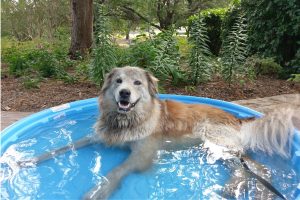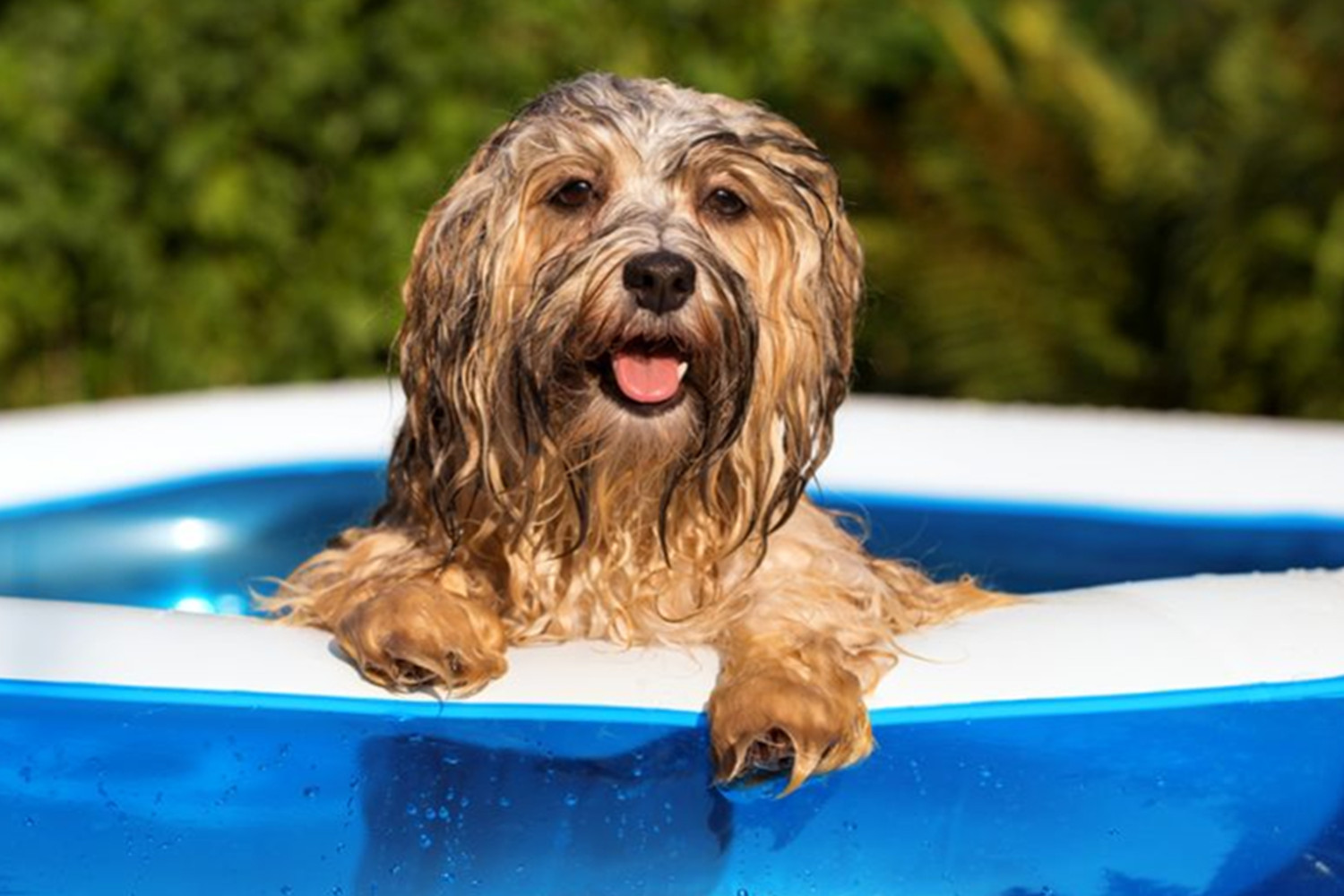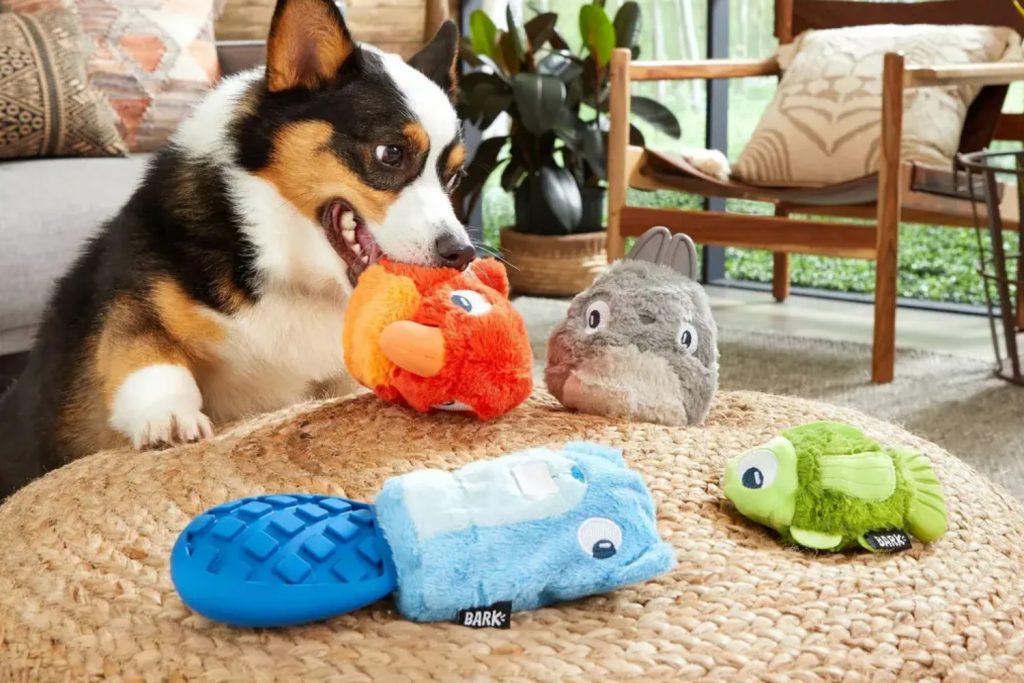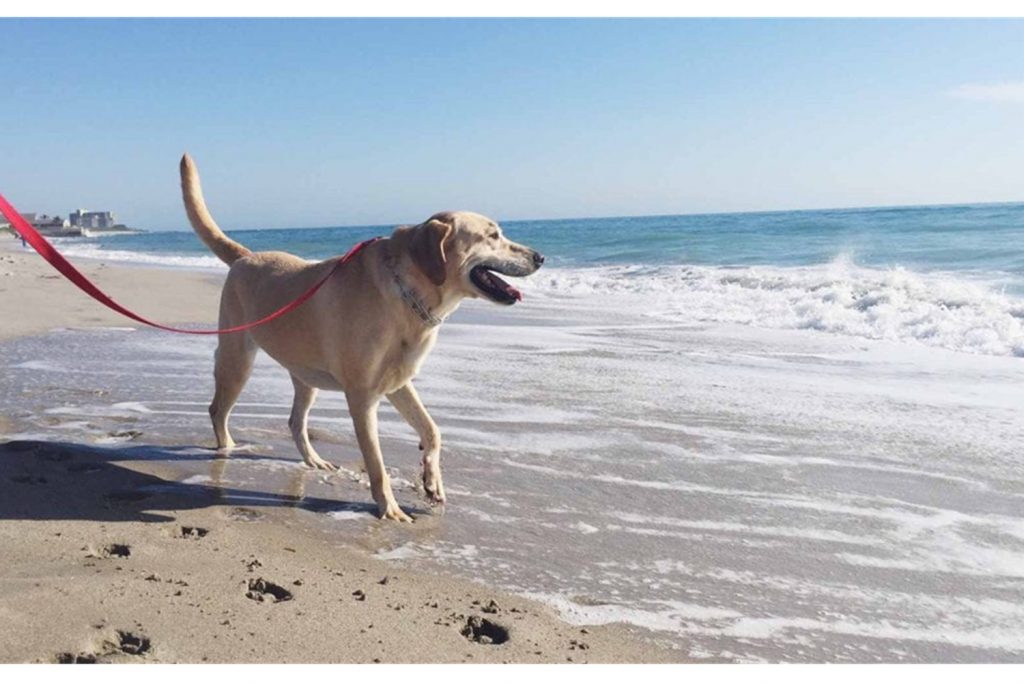Summer is the most anticipated time of the year for pets. T. However, too much heat can damage their health. Therefore, pet owners should be careful in the summer and take care of their pets so that they do not get hurt during outdoor activities. Here are some tips for pet owners to keep their pets safe and keep cool in the hot summer.
Give your pet plenty of water
Pets, like humans, need hydration. This is especially important in the summer when scorching heat can raise temperatures by three digits. Failure to follow this rule with sufficient water will result in dehydration. Always check that the water container is full. A water tank is a good thing to keep the vessel full at all times.
Time for a haircut!
A very effective method of grooming a pet is to shave it as summer approaches. This mainly applies to furry pets, especially dogs. Trimming your dog’s fur will keep your pet cool and also reduce moisture retention, which can cause infections. It will also prevent open wounds and hot spots from developing. Both are very painful.
Take your pet swimming
If you are a pet owner, the best thing you can do for your pet is to have his own pool. Even if the pet does not like or know how to swim, he will certainly like to get a little wet and cool. And you don’t have to invest in a pool just for them. A small plastic pool at your local toy store or pet store will do wonders.

Avoid Exposure to Extreme Heat
As much as we want our pets to have fun in the sun, too much sun can harm them, especially in high temperatures. Temperatures above 95 degrees Fahrenheit are potentially hazardous to the pet’s health. Therefore, try to clean your pet sometimes when it is a little cooler, such as at sunset or at night.
Beware of unusual behavior
Keeping track of your pet’s behavior is another good way to make sure he is not suffering from overheating. If you notice that your pet is breathing excessively, looking for cool places to lie down, and struggling to walk, this is a sure sign that he is too hot. but if symptoms persist, contact your local veterinarian and make an appointment. for control.





